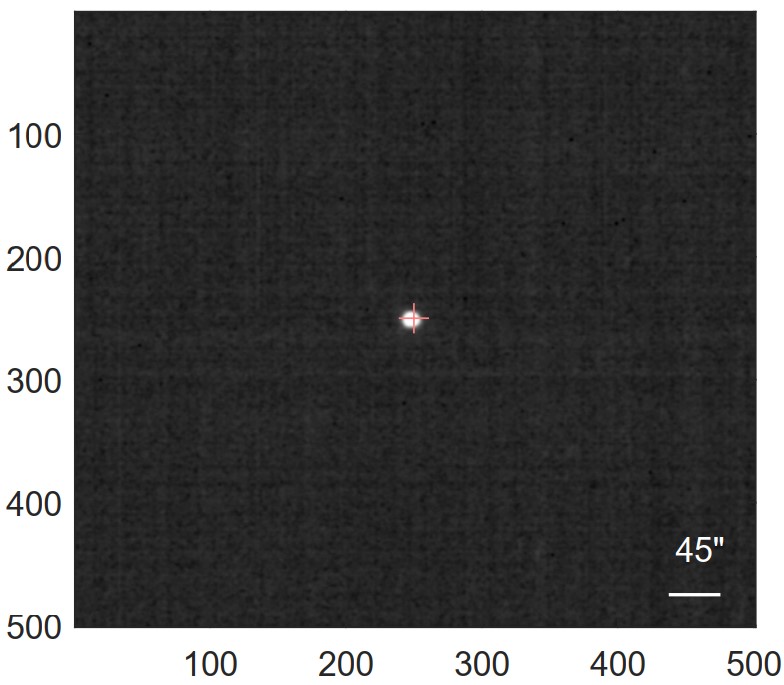High tracking speeds of several °/s and a tracking error along the trajectory in the sub-arcsecond range are desirable for tracking satellites and space debris. In addition, all available light should be used for the actual task and not for active tracking. Iterative learning control (ILC) is a type of self-learning control. The error is determined over several iterations of a repetitive process and the original control signal is corrected in an intelligent manner. In order to be able to use this method for tracking satellites, the star background was used as a reference and the pre-calculated trajectory was “trained” by the telescope system before the actual overflight. This made it possible to reduce the deviation by a factor of 11. The result was an accuracy of less than 3″ with a precision of 0.6″ RMS, without active camera feedback.

